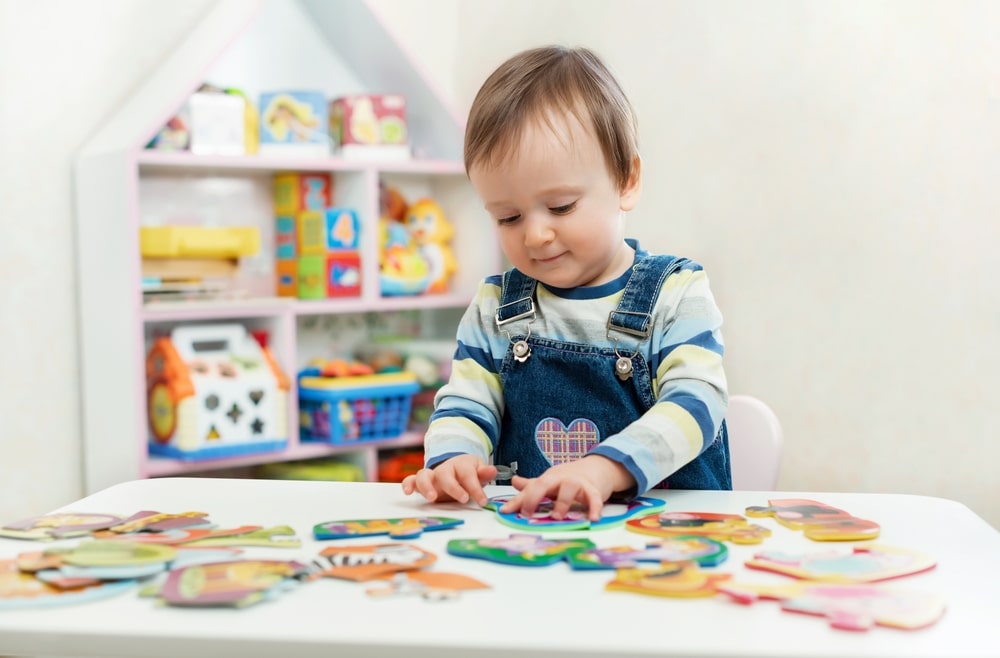Many parents intuitively believe in the importance of playing in their children’s development. However, do you know that playing outdoors can boost your child’s learning? Most people define learning as acquiring a new skill, such as memorizing an alphabet, counting, writing, etc.
That’s not true. Children can learn from playing as well. Kids playing with outdoor playground equipment and indoor games allows them to learn new things. It sharpens their mind and boosts their self-confidence and self-esteem. Read on to find the benefits of playing in a child’s growth and development.
Different Types of Play are Essential for Overall Child Growth
Children need to participate in various play activities as they age to boost their chances of acquiring several skills, including social, emotional, cognitive, motor, and language abilities. It is best to play with preschool playground equipment from a young age. Here are different types of play essential for your kids:
Indoor play is beneficial for young toddlers:
Indoor play activities include preschool playground equipment like playing with toys, building blocks, board games, spelling games, and jigsaw puzzles.
Outdoor play for young children in the accessible playground:
Outdoor games like hide & seek, hopscotch, hula hoops, balloon tossing, and obstacle courses. Moreover, playing with kids’ outdoor playground equipment will strengthen their muscle development. Allow your child enough time to play and enjoy himself while considering all of these benefits.
Guided Play:
Guided play is defined as play that an adult supervises. The child-directedness of free play is combined with an emphasis on learning goals and outcomes in this form of learning. Guided play experience usually reflects the unit of inquiry. Adults may help children learn meaningfully by providing high-quality planned play experiences that are both pleasant and challenging.
They learn to endure, enhance their capacity to pay attention and participate, develop flexibility in their thinking as they work towards their goal, and reflect on the process.
Free Play:
Free play is a play that the child initiates and selects. Experiences are chosen through interests and passions or social ties. Free play is frequently defined as child-directed, voluntary, and internally driven. Through free play, children can make decisions about their learning and set their own goals.
Freedom of choice is intrinsically motivating since no adult-imposed external expectations or conceptions exist. Teachers pay attention and follow their students’ lead. Teachers can use curriculum design to capitalize on students’ strengths and interests.
Counting benefits of play in your child’s development
The benefits of play for young children include improved cognitive, physical, social, and emotional development. Let’s learn the benefits of playing in accessible playground boosts your child’s development:
Linguistic advancement: While playing, children talk with one another, which promotes language development. It allows them to communicate more successfully, especially while speaking and listening. Even when children pretend to play with their dolls, they use their language abilities. They improve their ability to convey language through role-playing with proper tone and vocal modulation. As a result, their pronouncing ability increases. Children acquire new words when they participate in various play activities. Their vocabulary expands as a result.
Social advancement: Playtime with pals or role-playing exercises helps your child’s social skills develop. The child learns to be courteous to her teammates, considerate of her team and the enemy, and avoid rough play. Playing gives them confidence and self-worth. While playing, your small child learns the value of cooperation and teamwork. Furthermore, your child’s play helps them develop important leadership skills.
Physical development: Playing with your child guarantees healthy growth. Holding, gripping, and grabbing toys and other preschool playground equipment strengthens motor skills. Moreover, running, skipping, throwing balls, hauling the toy cart and other heavy objects, peddling the miniature tricycle, and other activities all help their gross motor abilities improve. These activities help them to enhance muscular control, balance, limb coordination, and control of body motions.
Development of the emotions: All play activities require your child to show his emotions, whether by clapping his hands in excitement, clenching his fists in wrath, or tugging at his hair in frustration. Your child will not only learn to convey his emotions but also to regulate his impulses and emotions, which are both important life lessons. Furthermore, winning a game will boost your confidence, but failing to do so will teach him to accept failure in the right spirit and learn from the experience. As a result of this, he will grow into an emotionally resilient adult.
Wrapping Up:
Young children’s development depends on the play. Children learn about the world around them through play while developing crucial cognitive, social, emotional, and physical skills. To ensure that children develop the skills they require to thrive, parents, carers, and educators must provide them with many opportunities to play, both structured and unstructured.
Playground Equipment can boost your child’s development journey. All Play is your partner in choosing accessible playground equipment for your backyard or playground. Visit our website to explore our services.

